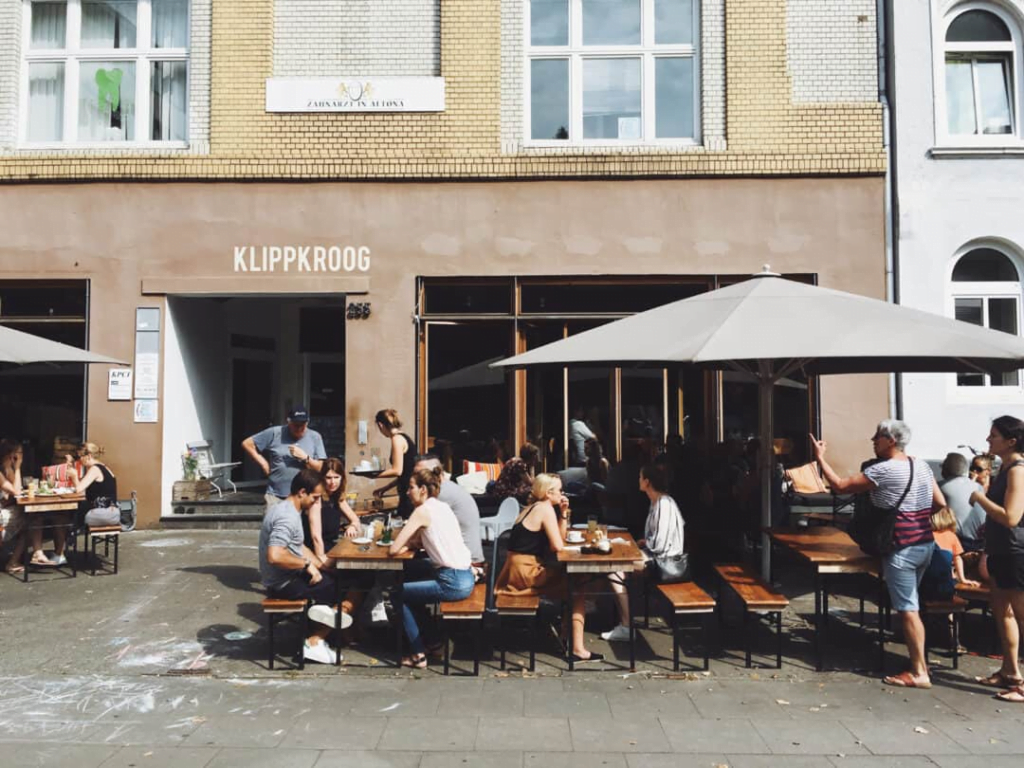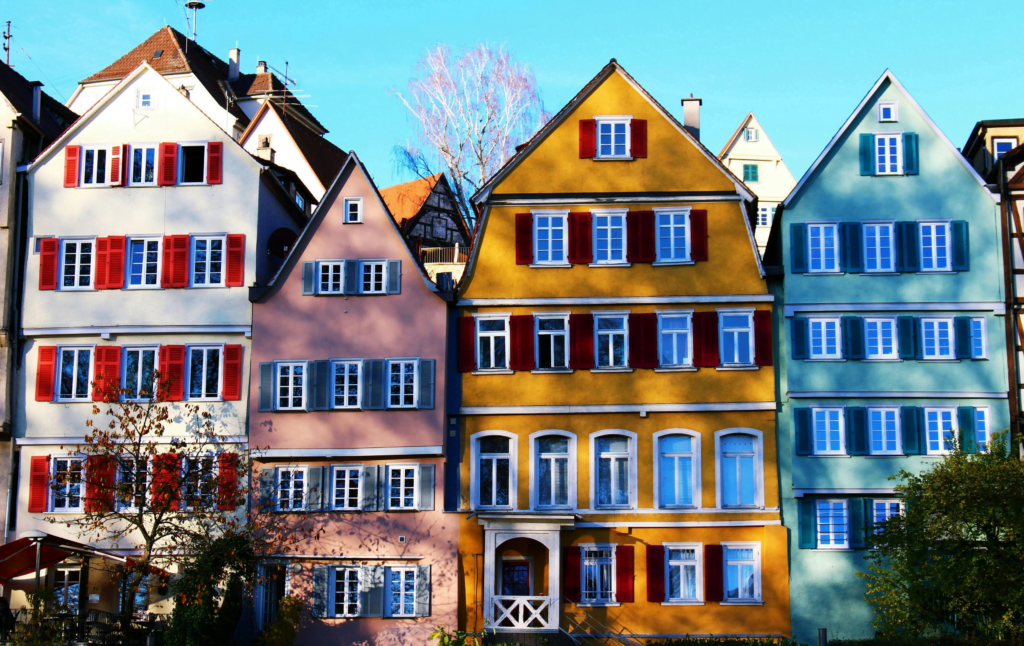
Germany is known for its rich culture, history, and economic prowess, but when it comes to social life, the country also has a lot to offer. Whether you’re an expat, international student, or someone planning to move to Germany, understanding the social life in German cities is key to integrating into society and enjoying your time there.
German cities are diverse, vibrant, and offer a mix of traditional and modern social scenes. In this article, we will explore various aspects of social life in Germany, including leisure activities, nightlife, cultural norms, and the overall atmosphere in some of the most popular German cities.
1. A Diverse and Inclusive Social Atmosphere
Germany is a multicultural country with a long history of welcoming foreigners, particularly in its cities. The social scene is shaped by this diversity, where people from different backgrounds coexist harmoniously. While larger cities such as Berlin, Munich, and Hamburg are melting pots of culture, even smaller cities like Heidelberg, Bonn, and Freiburg offer a friendly and inclusive social environment.
a. Language and Communication
While German is the official language, English is widely spoken in most urban areas, especially in cities with a large expat or student population. This makes it easier for foreigners to adapt to the local social life. Many young Germans are fluent in English, and it’s common to meet people in social settings who can converse in multiple languages.
Still, learning basic German is recommended for those who want to engage more deeply in social life. Knowing the language helps break barriers and fosters deeper connections with locals. In cities, people generally appreciate when foreigners make an effort to speak German, even if it’s just a few phrases.
b. Multicultural Festivals and Events
Germany’s diverse social fabric is also reflected in its cultural events. Cities frequently host multicultural festivals, which celebrate the customs, food, and traditions of various nationalities. For instance, Berlin’s “Karneval der Kulturen” (Carnival of Cultures) is an annual event that attracts thousands of people to celebrate cultural diversity through music, dance, and food.
Larger cities also have numerous cultural centers and community groups where people from different countries can connect with others from similar backgrounds while sharing their customs with locals. This makes it easier for newcomers to find their place in German society.
2. Nightlife in German Cities
Germany is famous for its vibrant nightlife, especially in larger cities like Berlin, Hamburg, and Munich. Whether you’re looking for an energetic night out in a club, a cozy evening in a bar, or a relaxed time in a café, German cities cater to every kind of social experience.
a. Berlin: The Nightlife Capital
Berlin is internationally recognized as one of the best cities for nightlife. The city’s clubbing scene is legendary, with world-famous clubs like Berghain and Tresor that attract electronic music lovers from all over the globe. These clubs often stay open all weekend, and it’s not uncommon for people to party well into the next morning.
But Berlin’s nightlife isn’t just about clubs. The city is full of bars, pubs, and alternative spaces, ranging from underground venues to rooftop terraces. Kreuzberg and Friedrichshain are popular districts for nightlife, offering an eclectic mix of bars, live music venues, and beer gardens. The city’s open-minded and diverse crowd adds to its welcoming atmosphere, making it easy to meet new people.
b. Munich: A More Traditional Vibe
Munich, known for its traditional Bavarian culture, offers a more relaxed yet enjoyable nightlife. Beer gardens, or “Biergärten,” are a staple of Munich’s social life, where locals and visitors gather to enjoy a pint of locally brewed beer and traditional Bavarian food, such as pretzels and sausages.
For those looking for more than beer gardens, Munich also has a lively bar scene, with many bars, clubs, and live music venues found around districts like Schwabing and the Glockenbachviertel. However, Munich’s nightlife tends to be more conservative compared to Berlin, with clubs closing earlier, especially on weekdays.
c. Hamburg: A Port City with a Party Spirit
Hamburg is another German city known for its vibrant nightlife, particularly in the St. Pauli district, home to the famous Reeperbahn, one of Europe’s most famous streets for bars, clubs, and entertainment venues. The area attracts a mix of tourists, expats, and locals alike, making it a lively hub for social interaction.
Hamburg is also known for its live music scene, particularly rock and jazz. The city is home to several iconic music venues where local and international artists perform regularly, providing an opportunity to experience Germany’s rich music culture.
3. Leisure and Outdoor Activities
Germany’s social life isn’t limited to nightlife. The country offers a variety of leisure activities, both in cities and surrounding areas, that cater to those who enjoy outdoor adventures and relaxed social gatherings.
a. Parks and Outdoor Spaces
Most German cities have large parks where people gather to relax, play sports, or have picnics. For instance, Munich’s Englischer Garten (English Garden) is one of the largest urban parks in the world, offering scenic views, beer gardens, and outdoor activities like surfing on the park’s river.
In Berlin, the Tempelhofer Feld, a former airport turned public park, is a popular spot for barbecues, biking, and outdoor sports. In the summer months, these parks become social hubs where locals and tourists can enjoy the outdoors together.
b. Hiking and Nature Escapes
Germany’s cities are often surrounded by natural beauty, making it easy to escape the urban jungle for a day trip. Many Germans enjoy hiking and cycling, and the country has a well-maintained network of trails and cycling routes. The Black Forest, the Bavarian Alps, and the Harz Mountains are popular destinations for weekend hikes.
Even within cities, there are plenty of opportunities to engage in outdoor activities. Many residents participate in sports clubs, known as “Sportvereine,” which offer everything from football to swimming, hiking, and yoga. These clubs are a great way to meet people and get involved in the local community.
4. Cultural Etiquette and Norms
Understanding the social and cultural norms in Germany is essential to integrating into society. Germans are often described as punctual, organized, and direct in their communication style.
a. Punctuality and Planning
In social settings, punctuality is highly valued in Germany. Being late, even by a few minutes, can be considered disrespectful, so it’s important to be on time for appointments, gatherings, and meetings.
Additionally, Germans tend to plan their social lives well in advance. Impromptu plans are less common, particularly among older generations. People often schedule events, dinners, or outings days or even weeks ahead of time.
b. Direct Communication
Germans are known for their direct and straightforward communication style. This may come across as blunt to people from cultures where more indirect forms of communication are common. However, it’s important to remember that directness is seen as a sign of honesty and efficiency in Germany.
While it may take time to adjust to this communication style, many expats and international students find that it leads to clear and effective conversations, whether in professional or personal settings.
c. Work-Life Balance
German culture places a strong emphasis on work-life balance, which is reflected in the social life of its cities. Most employees enjoy a generous amount of vacation time, and Sundays are considered a day of rest, with most shops and businesses closed. This allows people to spend time with family, enjoy leisure activities, or socialize with friends.
5. Social Life for Students and Expats
International students and expats will find that German cities are well-suited to socializing and building new connections. Many universities have active student unions and clubs that organize social events, excursions, and meetups. These activities provide excellent opportunities to meet fellow students, both local and international, and become part of the university community.
Expats can also join international communities, clubs, and organizations that help them integrate into German society. Cities like Berlin and Munich have large expat populations, with numerous events, language exchange meetups, and international parties that cater to this demographic.
Conclusion
Germany’s cities offer a dynamic and diverse social life that appeals to a wide range of interests and lifestyles. Whether you’re drawn to the vibrant nightlife of Berlin, the traditional beer gardens of Munich, or the live music scene in Hamburg, there’s something for everyone in Germany’s urban centers. Outdoor enthusiasts can enjoy parks, hiking trails, and sports clubs, while those seeking cultural experiences can immerse themselves in Germany’s rich history and multicultural festivals.
Understanding and adapting to cultural norms like punctuality and direct communication will help newcomers integrate more smoothly into German society. With its inclusive social scene and abundance of leisure activities, Germany remains an attractive destination for expats, students, and visitors alike looking to experience a balanced and fulfilling social life.


